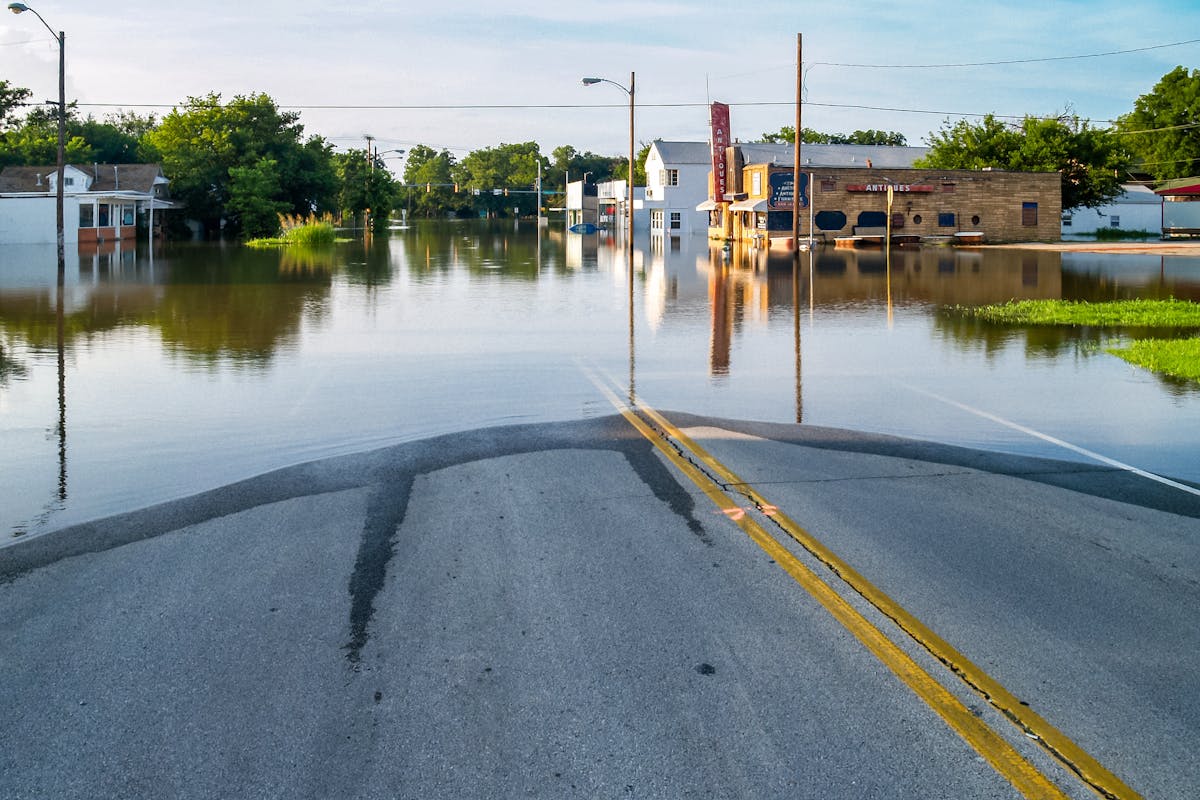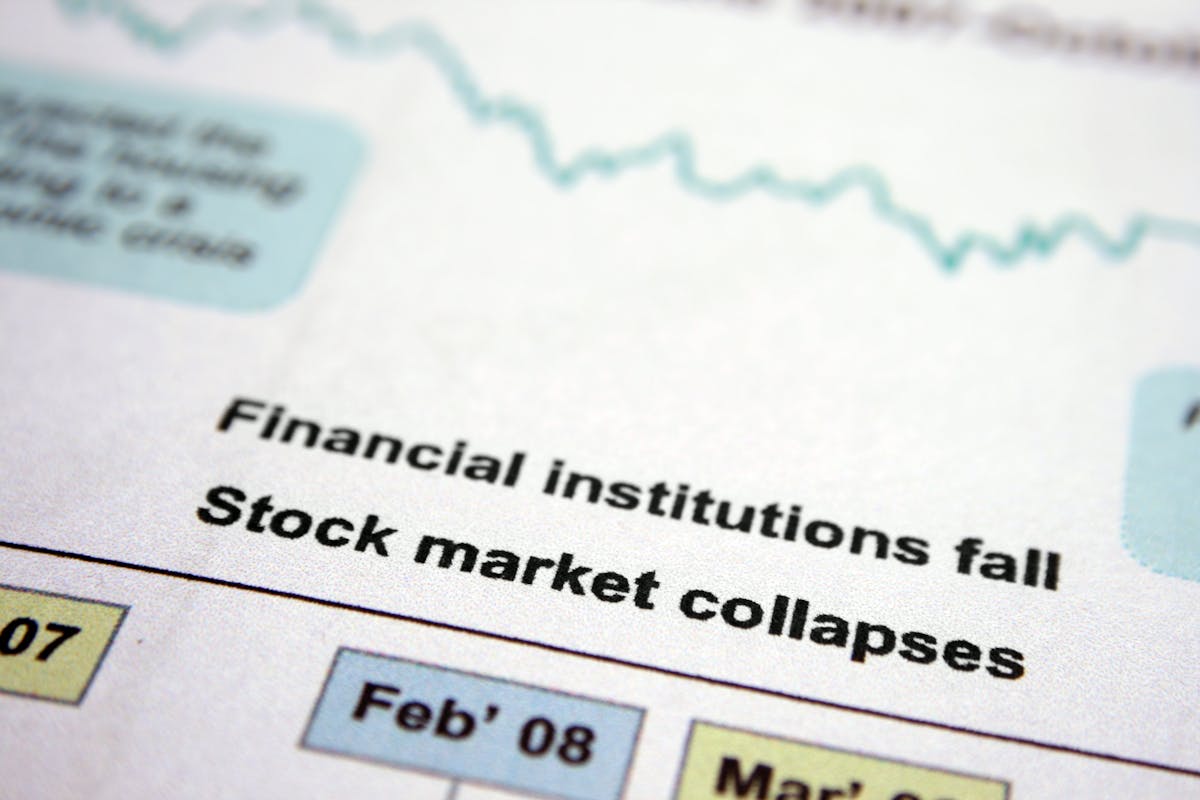Climate Financial Insecurity:
After another hottest summer on record and hundreds of billions of dollars in damages from hurricanes, floods, fires, and drought, the risk climate change poses to Americans’ finances is clear. So, too, is the threat it poses to banks, financial institutions, retirement accounts, and the broader economy.
The market is shifting away from fossil fuels. Unfortunately, Wall Street, big banks, and financial institutions are not acting fast enough or ignoring the risks fossil fuel assets and investments pose to their institutions and the economy as a whole. The financial sector continues to speculate, lending trillions of dollars to fossil fuel corporations, further fueling the climate crisis.
If regulators and Treasury Secretary Janet Yellen fail to act, the risk of sharp, sudden financial shocks increases, putting every American’s financial security at risk.

By ignoring climate change, regulators are putting everyone’s financial security at risk.
Climate Financial Risk Directive:
President Joe Biden has set ambitious, needed targets to reduce greenhouse gases and plans to meet them. Biden promised to address the climate crisis with a ‘whole-of-government’ approach. He has tasked regulators with addressing climate-related financial risk.
The President’s Executive Order on climate-related financial risk calls for a climate risk strategy to be assembled by November 2021. Secretary Yellen and the Financial Stability Oversight Council (FSOC) she chairs should require member agencies — including the Securities and Exchange Commission, Federal Reserve, Federal Deposit Insurance Corporation, National Credit Union Administration, and Office of the Comptroller of the Currency — to build climate provisions into regulations that will ripple out into and protect the wider economy.
Protecting our economy from a climate-fueled crash is squarely within the mandate of financial regulators, who have an obligation to maintain fair, orderly, and efficient markets. Regulators’ overseas counterparts are already sounding the alarm about risky fossil fuel assets.

Biden must not repeat the failures of 2008, when regulators failed to reign in Wall Street, by ignoring climate-related risk.
Wall Street Gambling:
Since the Paris agreement, Wall Street and banks have recklessly poured over $3.8 trillion into toxic fossil fuel assets. By not curtailing these investments by banks, lax regulators have exposed our financial system to a crisis that could be magnitudes worse than the 2008 crash.
It’s clear Wall Street and banks are engaged in excessive risk-taking, which has been tolerated and in some cases encouraged by the Treasury and Federal Reserve. Once again, a single sector is putting the entire economy at risk. In the early 2000s, financial experts warned of the growth of risky subprime mortgages. While financial regulators failed to act, banks continued aggressively issuing mortgages, leading to the 2008 crash. The same thing is happening with climate change.
Act On Climate Financial Risk:
The FSOC, which Janet Yellen chairs, was created to monitor systemic risks and address them early. It is no longer “early” with respect to climate. Taxpayers can ill afford another multi-billion dollar Wall Street bailout.
The directive to financial regulators by the President is clear. Regulators, led by Secretary Yellen, must work to avert the next financial collapse.

Taxpayers can ill afford another multi-billion dollar Wall Street and big bank bailout, driven by speculative and risky bets on fossil fuels because regulators failed to act.
Want more information about how climate change poses a risk to the entire financial system and what regulators can do about it?
Access a new report by CERES—Turning Up The Heat On Climate Financial Risk;
A roadmap report by Public Citizen and Americans for Financial Reform in partnership with ClimateWorks Foundation—Climate Roadmap for U.S. Financial Regulation;
Guidelines and key elements federal bank regulators can and should incorporate into public supervisory guidance for banks on climate risks;